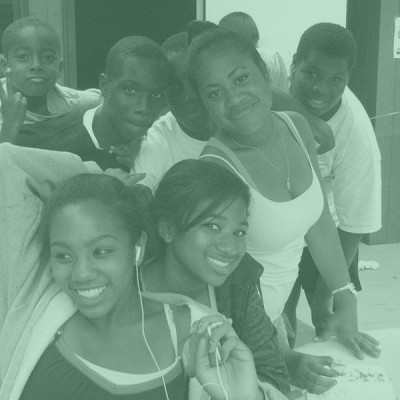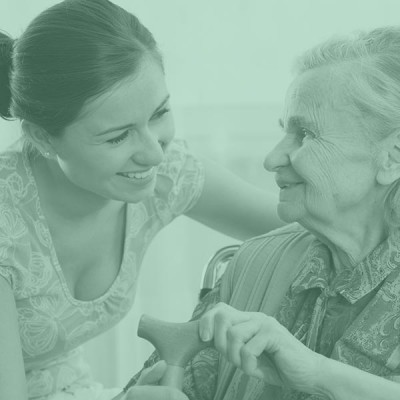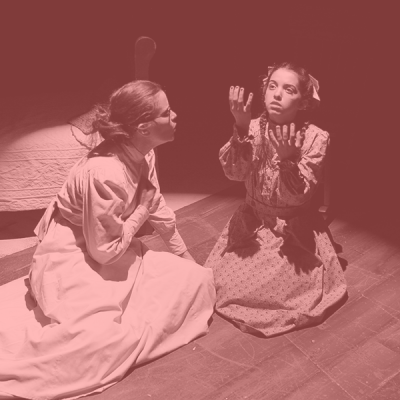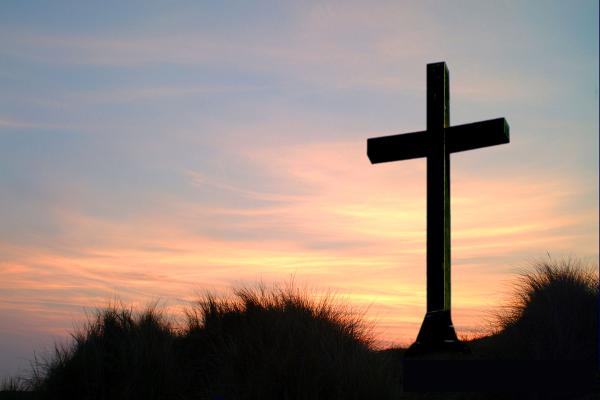“More than just cash in their pockets…”: ABCD SummerWorks offers teens important skills and support for school work and life, according to Harvard University doctoral student Timothy Cunningham.
Cunningham presented results of his research on ABCD SummerWorks in a presentation entitled Assessing Perceptions of Supports and Barriers to Education and Career Goals among SummerWorks Participants at ABCD’s Parker Hill Fenway Neighborhood Service Center in Mission Hill. The 2008 SummerWorks program kicks off on July 7.
Last year’s ABCD SummerWorks program at Parker Hill/Fenway NSC saw 105 youths participate in the summer jobs program. For this particular study, Cunningham interviewed 21 SummerWorks participants about their experiences with the program. They were asked about what supports are in place and what barriers stand in their way.
Across the board, teens named SummerWorks worksite supervisors and support staff as positive role models in their lives. One teen said the close-knit nature of ABCD contributed to his success: “When you’re with ABCD you grow close to people and you’re almost like family,” the teen said. “You know you can always turn to them.”
As far as obstacles, teens pointed to their peers. One teen said it was hard because his best friend is in a gang and tried to get him to join. He said didn’t want to hurt his friend’s feelings and that made the decision to choose work more difficult.
Cunningham’s research showed SummerWorks works because it offers kids more than just some cash in their pocket for a summer. In addition to on-the-job counseling and mentoring, sites like Parker Hill offer “job readiness” workshops that focus on how to dress, speak and present themselves at job interviews. Cunningham’s presentation noted that students by and large retained the lessons learned in these workshops.
Former SummerWorks participant Alvin Diaz spoke at the presentation. Diaz started with SummerWorks at age 14 (ABCD is one of the only summer jobs program that accepts students that young). He said ABCD taught him to think ahead and realize this job was not just a way to earn some extra money but a way to build a resume. He said it led directly to his acceptance at Wentworth Institute of Technology, where he is currently a junior. Through Wentworth, he works in a program called “Camp Tech” where he teaches elementary school kids how to use computers.
“ABCD SummerWorks provides at-risk youth not only summer employment that can ease the burden on the family,” said ABCD President/CEO Bob Coard, “it also offers potential career pathways that can help these youth climb out of the cycle of poverty for good.” Coard thanked the many institutions in the Mission Hill – Fenway area, including several world famous hospitals, colleges and others, for their ongoing support of at-risk youth by providing jobs and cash donations to SummerWorks.





















